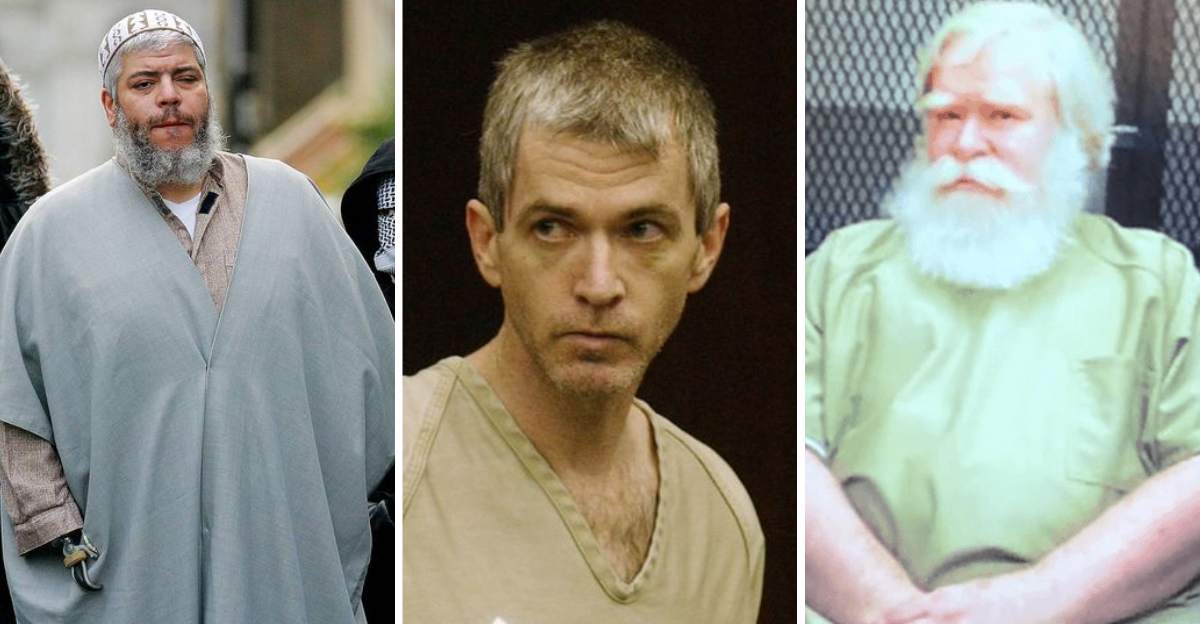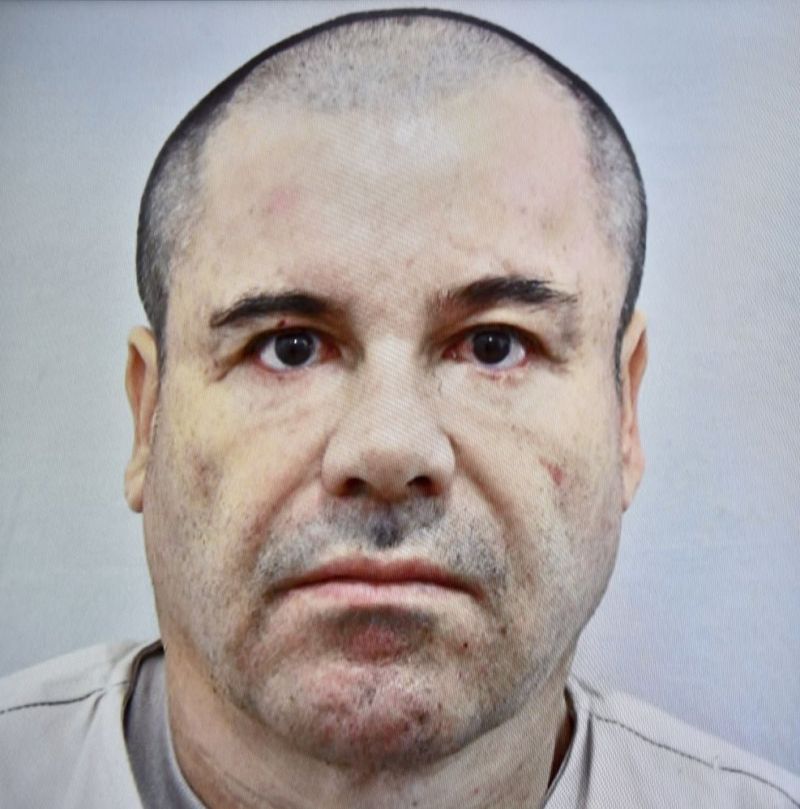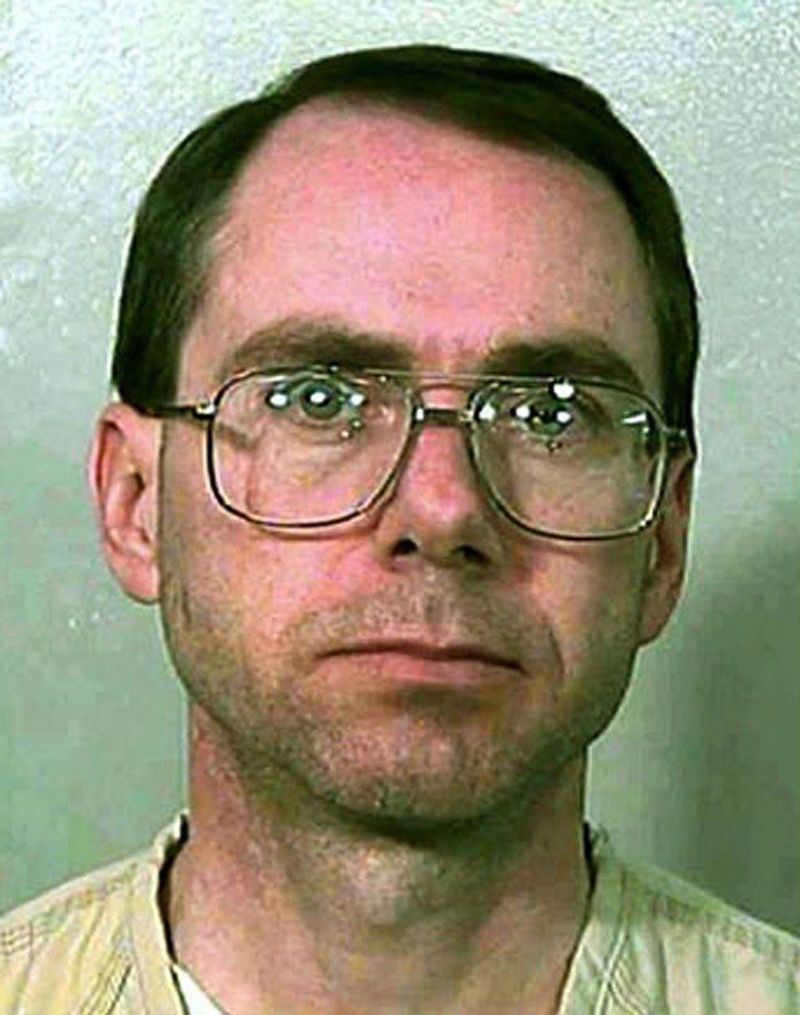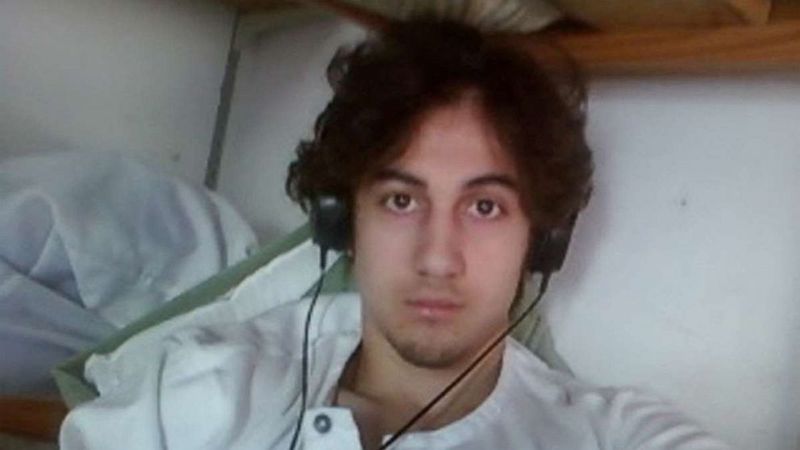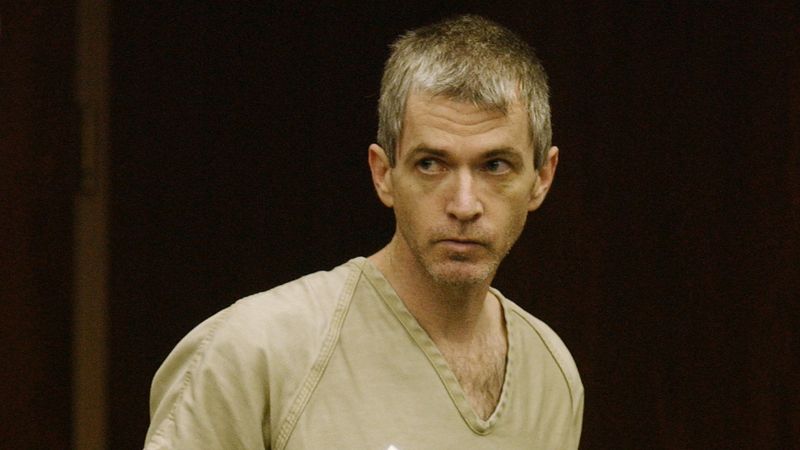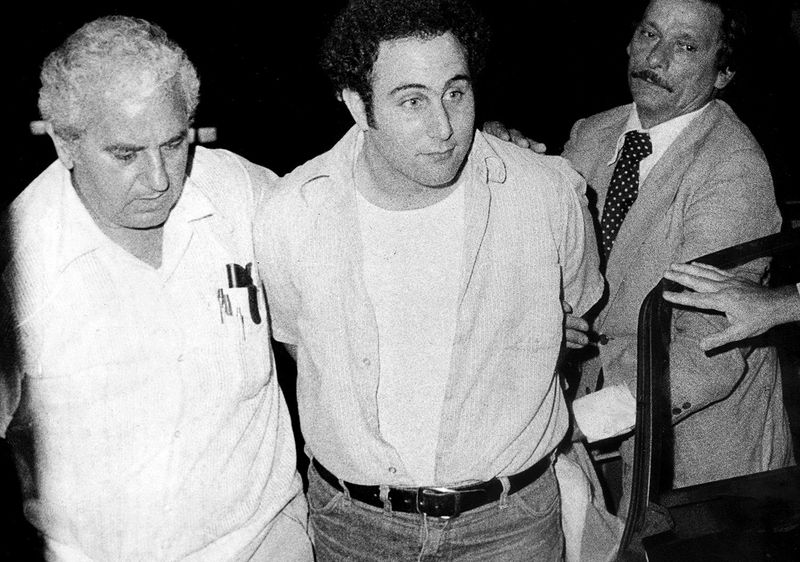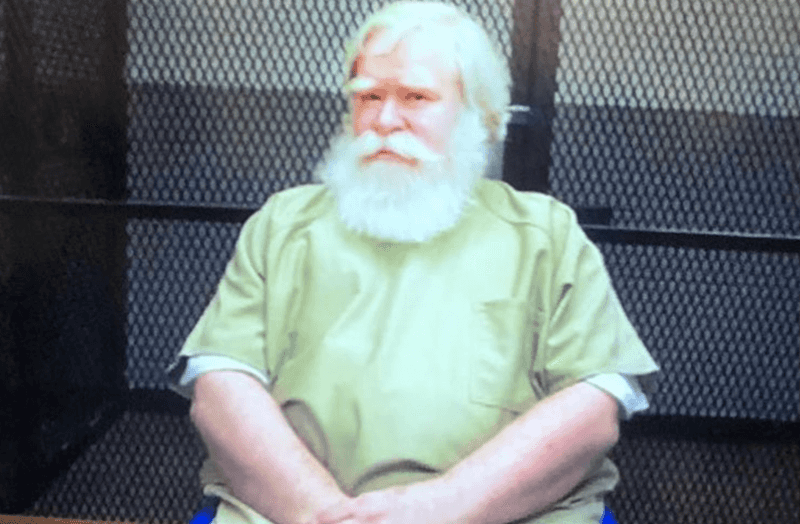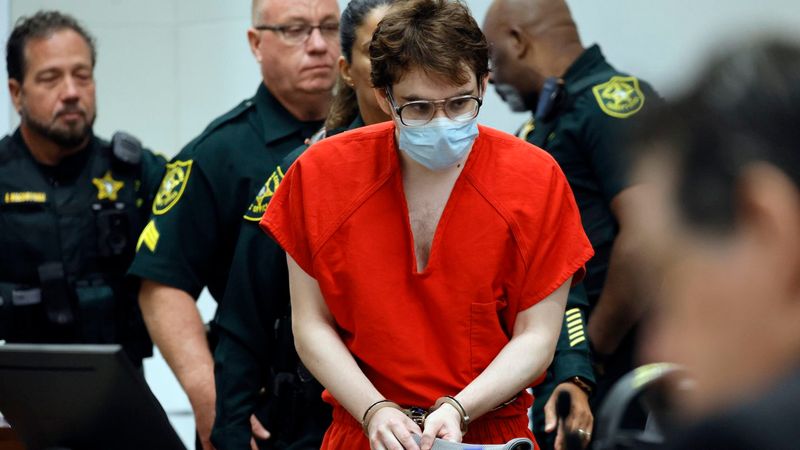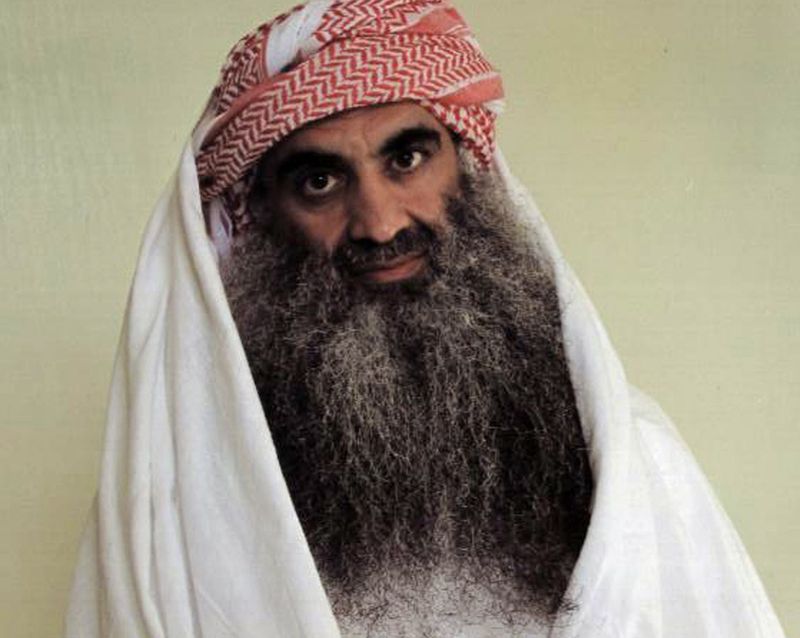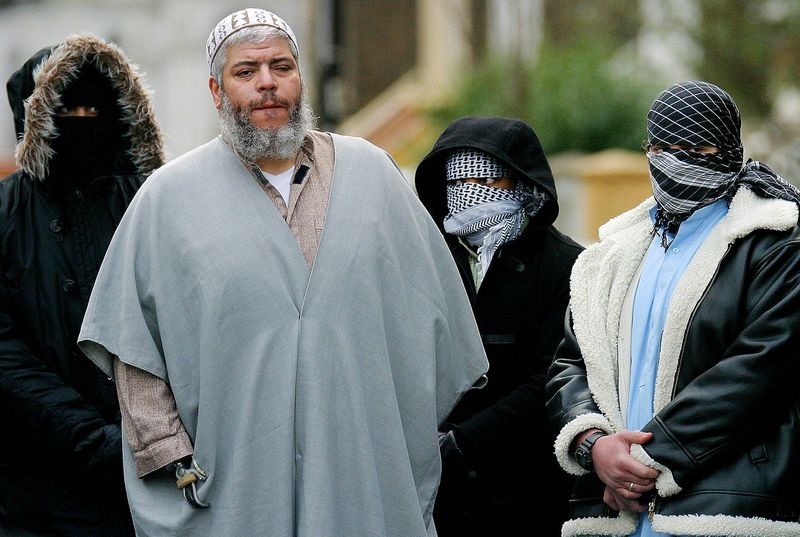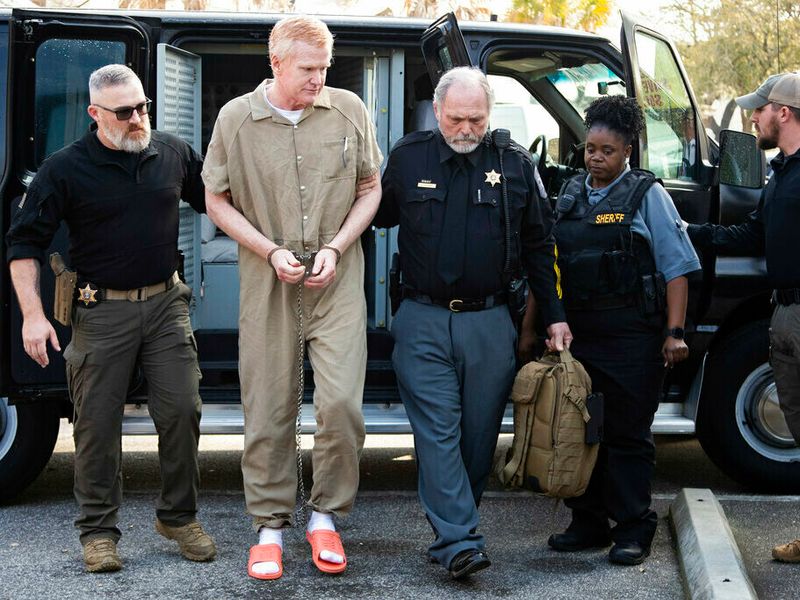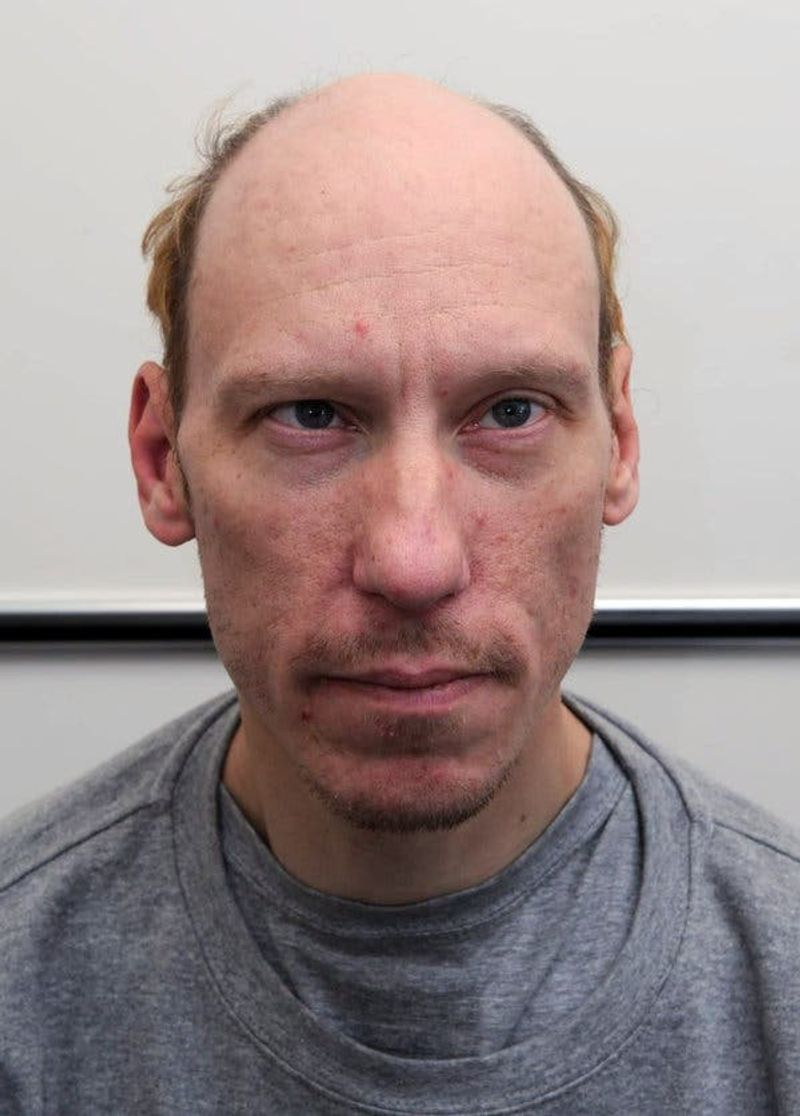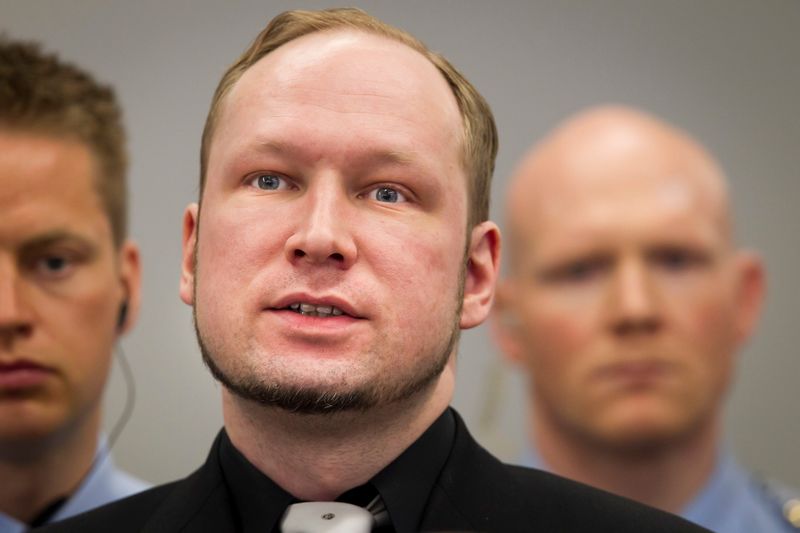Explore the lives and crimes of 15 of the world’s most dangerous prisoners, whose actions and notoriety have made them infamous figures, ensuring they remain behind bars indefinitely.
Each unique story is a window into extreme criminal behavior and the justice system’s response to such threats.
1. Joaquín “El Chapo” Guzmán
Joaquín “El Chapo” Guzmán, the notorious Mexican drug lord, is famed for his audacious prison escapes. His capture in 2016 marked the end of a reign that terrorized communities and fueled narcotics distribution worldwide.
Currently housed in ADX Florence, Colorado, USA, Guzmán is under constant surveillance in a supermax prison designed to prevent any escape attempts.
Despite his past successes in breaking free, the U.S. authorities have imposed stringent measures to keep him contained. His life story is a chilling reminder of organized crime’s global reach.
2. Robert Maudsley
Robert Maudsley, often referred to as “Britain’s most dangerous prisoner,” has spent over four decades in solitary confinement. His violent tendencies emerged after he murdered four people, three while already incarcerated.
Confined to a glass cell in Wakefield Prison, UK, his living conditions mirror those of Hannibal Lecter. Despite this harsh environment, Maudsley remains a study in psychological extremes.
His case exemplifies the consequences of unchecked mental health issues within the prison system and the challenges of rehabilitating extremely dangerous individuals.
3. Terry Nichols
Terry Nichols, co-conspirator in the Oklahoma City bombing, is serving 161 life sentences without parole. His involvement in the 1995 attack that killed 168 people left an indelible mark on American history.
Locked away in ADX Florence, his life now is a stark contrast to the chaos he unleashed. Nichols’ story is a somber testament to domestic terrorism’s impact.
Despite being away from the public eye, his past actions continue to resonate, reminding us of the devastating effects of ideology-driven violence.
4. Dzhokhar Tsarnaev
Dzhokhar Tsarnaev, one of the Boston Marathon bombers, remains on death row at ADX Florence. His role in the 2013 attack, which claimed three lives and injured hundreds, shocked the nation.
The appeals process continues, but Tsarnaev is kept under strict lockdown conditions. His case poses questions about justice and punishment for acts of terrorism.
The young man’s transformation from a student to a radical extremist serves as a stark warning about the vulnerability of youth to radicalization.
5. Charles Cullen
Known as the “Angel of Death,” Charles Cullen confessed to killing at least 40 patients during his time as a nurse, though the true number may exceed 400. His actions exploited the trust placed in healthcare professionals.
Serving multiple life sentences in New Jersey State Prison, Cullen’s crimes highlight the need for vigilant oversight in medical settings. His confessions, even years later, reveal the depth of his manipulation and deceit.
Cullen’s story is a chilling reminder of the potential for evil in unexpected places.
6. David Berkowitz
David Berkowitz, the infamous “Son of Sam” killer, terrorized New York City in the 1970s, murdering six people. Now serving six life sentences, he claims to have found religion behind bars.
Housed at Shawangunk Correctional Facility, Berkowitz’s transformation from a feared killer to a purportedly reformed man intrigues criminologists and psychologists alike.
His case highlights the possibility of redemption and the complex human psyche, even among those who commit heinous acts.
7. Richard Cottingham
Richard Cottingham, dubbed “The Torso Killer,” has confessed to at least 11 murders and is suspected of many more. His brutal acts shocked the nation and left a trail of unanswered questions.
At the New Jersey Department of Corrections, he continues to reveal details of his crimes as he ages. His confessions offer glimpses into a mind driven by violence and compulsion.
Cottingham’s case emphasizes the challenges of understanding serial killers and the lasting impact of their crimes on families and communities.
8. Nikolas Cruz
Nikolas Cruz, the Parkland school shooter, was sentenced to life without parole for the 2018 massacre at Marjory Stoneman Douglas High School. His actions ended 17 lives and altered countless others forever.
Now in Florida State Prison, Cruz’s case fueled debates on gun control and mental health awareness. His remorseful demeanor in court contrasted sharply with the terror he inflicted.
His story is a tragic reminder of the consequences of unchecked warning signs and the importance of preventative measures.
9. Gary Ridgway
Gary Ridgway, known as the “Green River Killer,” holds the record for most confirmed murders by an American serial killer, with 49 convictions. His methodical and calculated crimes haunted the Pacific Northwest.
Serving a life sentence without parole in Washington State Penitentiary, Ridgway’s lack of remorse and chilling admissions continue to baffle investigators.
His case challenges our understanding of evil and the human capacity for violence, leaving an indelible mark on criminal history.
10. Khalid Sheikh Mohammed
Khalid Sheikh Mohammed, the alleged mastermind behind the 9/11 attacks, has been in U.S. military custody since 2003. His actions forever changed the global landscape and led to the War on Terror.
Held at Guantanamo Bay, Mohammed awaits a full trial amidst legal and ethical debates. His case is a focal point for discussions on terrorism and justice.
His enduring presence in the legal system underscores the complexities of prosecuting high-profile international criminals.
11. Abu Hamza al-Masri
Abu Hamza al-Masri, an Islamist preacher, was convicted on terrorism-related charges in the U.S. Known for inciting extremism in the UK, he was extradited to face justice across the Atlantic.
Currently in ADX Florence, his presence is a reminder of the global fight against terrorism and radicalization. His fiery rhetoric and controversial legacy continue to provoke discussion.
Al-Masri’s case highlights the challenges governments face in balancing freedom of speech and national security.
12. Alex Murdaugh
Alex Murdaugh, once a prominent lawyer, now serves a life sentence for the murder of his wife and son. His fall from grace captivated the nation in a sensational trial.
At McCormick Correctional Institution, Murdaugh’s story serves as a cautionary tale about the corrupting power of privilege and desperation.
His case continues to be a topic of intense scrutiny and debate, reflecting the complexities of justice and morality.
13. Stephen Port
Stephen Port, known as “The Grindr Killer,” murdered four men using date-rape drugs. His actions exposed significant police failings in handling serial killings.
Incarcerated in Frankland Prison, UK, Port’s case raised awareness about the vulnerabilities of online dating and the need for improved investigative procedures.
His story is a somber reminder of the dangers lurking in digital spaces and the importance of vigilance.
14. Anders Behring Breivik
Anders Behring Breivik, responsible for the 2011 Norway attacks that killed 77 people, remains a symbol of extremist violence. His actions challenged Norway’s justice system and societal values.
Held in Skien Prison, Breivik’s case is unique due to Norway’s sentencing laws, allowing indefinite extensions to his confinement.
His story continues to evoke discussions on ideology, punishment, and rehabilitation in modern society.
15. Abd al-Rahim al-Nashiri
Abd al-Rahim al-Nashiri, accused of orchestrating the USS Cole bombing, remains a high-value detainee at Guantanamo Bay. His actions in 2000 resulted in the deaths of 17 U.S. sailors.
Awaiting trial, al-Nashiri’s case exemplifies the complexities of military justice and anti-terrorism efforts.
His detention highlights ongoing challenges in prosecuting international terrorists and maintaining security.
